
Prefilled syringes offer advantages to manufacturers, healthcare professionals, and patients.

Prefilled syringes offer advantages to manufacturers, healthcare professionals, and patients.

NIH continues funding for tissue chips to be used in the development of therapeutics.

FDA finalizes guidance on expedited programs for new drug approvals for treatment of serious and life-threatening conditions.

Merck KGaA fill-finish expansion in Italy will be completed in 2017.

The Pediatric Clinical Research Group initiative expands to include pediatric research sites.

New approaches to vaccine production are targeting rapid supply for pandemic situations and broadly effective therapeutic treatments.
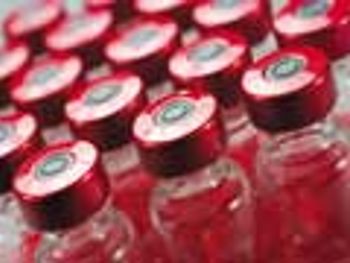
The presence of minute amounts of chelators can help minimize the degradation of monoclonal antibodies.

HHS plan makes progress in ensuring availability of safe vaccines.

NCI launches trial to assess the utility of genetic sequencing to improve patient outcomes.

Genmab enters collaboration with Eli Lilly to use and evaluate Genmab's DuoBody technology for bispecific antibodies.
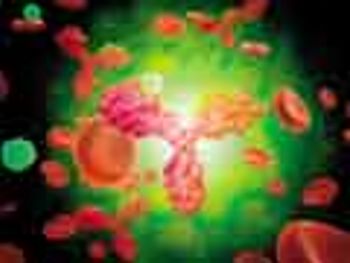
Antibody fragments pose unique challenges in recovery, purification, and formulation.
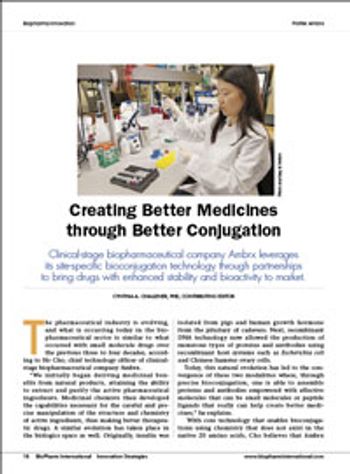
Clinical-stage biopharmaceutical company Ambrx leverages its site-specific bioconjugation technology through partnerships.
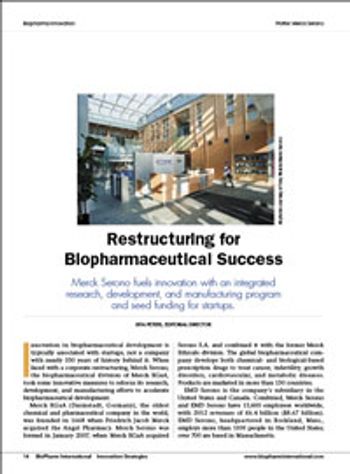
Merck Serono fuels innovation with an integrated research, development, and manufacturing program and seed funding for startups.

GSK and the Gates Foundation will invest a combined $1.8 million in early stage research into vaccine thermostability.

The first part of CPhI's Annual Expert Industry Report examines ADCs, single-use technology, and regulatory failure.
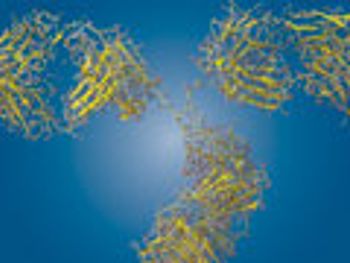
The authors review the angiopoietin pathway as an alternative for safer and more efficacious anti-angiogenic therapeutics.

The report highlights a need for greater third party certification to ensure GMP vigilance.

A new end-user survey of more than 220 physicians and 650 patients by Frost & Sullivan finds that regardless of disease area, physicians select drug delivery methods that drive consistent patient compliance and effective outcomes.

Almac's Clinical Services business unit has expanded its service offering for dispensing and bottling solid dosage products.

The facility, which includes state-of-the-art formulation, analytical and synthetic laboratories as well as a customer training center, will focus on bioavailability enhancement and oral dosage formulations.
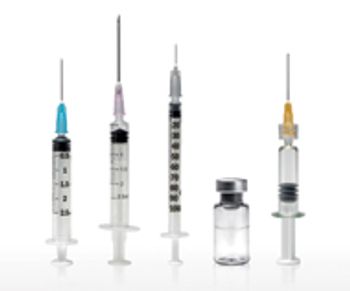
A Q&A with SCHOTT Pharmaceutical Systems and West Pharmaceutical Services

Catalent Pharma Solutions has acquired a license to market Redwood Bioscience 's proprietary SMARTag precision protein-chemical engineering technology.

Astellas and Ambrx have entered into a collaboration to discover and develop novel antibody drug conjugates (ADCs) for an undisclosed number of targets in oncology. ADCs enable targeted delivery of drugs to the target tissue.
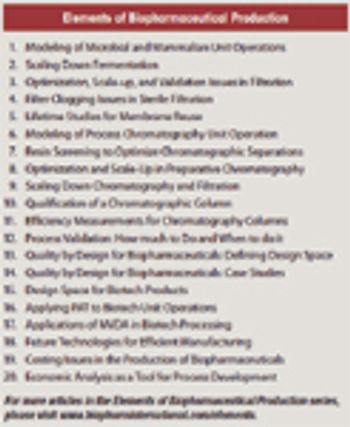
Aggregate formation is influenced by multiple aspects of the bioproduction process but can be mitigated by good process design and control.

Recently published research demonstrates how nanoparticles can be used to overcome hurdles in localized drug delivery.